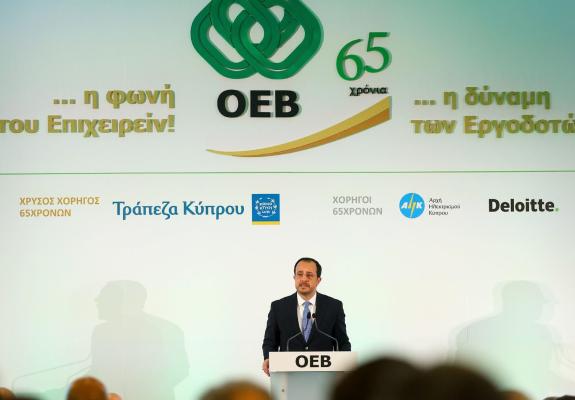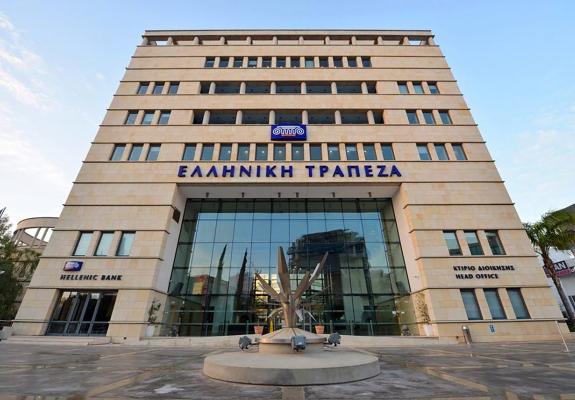How Much Do Cypriots Trust Science?
Survey Highlights Public Confidence and Calls for Greater Scientific Engagement in Policy
A global study conducted across 68 countries, including Cyprus, reveals significant public trust in scientists and a strong desire for their greater involvement in societal and policy matters. Published in Nature Human Behaviors, the survey gathered insights from 71,922 participants, offering the most extensive data on trust in scientists since the COVID-19 pandemic.
The average global trust level in scientists is 3.62 on a 1-to-5 scale (1 being very low and 5 very high). No country reported low trust overall, but variations exist:
-
Highest trust: Egypt (4.30), followed by India, Nigeria, Kenya, and Australia.
-
Lowest trust: Albania (3.05), preceded by Ethiopia, Russia, Bolivia, and Kazakhstan.
-
Greece: Ranks 56th with a score of 3.39, below the global average.
-
Cyprus: Slightly higher at 3.42, ranking 52nd.
Participants view scientists as capable of impactful research (78%), honest (57%), and caring about societal well-being (56%). Moreover, 75% believe scientific methods are the best way to discern truth, and 52% advocate for scientists' greater involvement in policymaking.
Respondents expressed a desire for science to prioritize:
-
Public health improvements
-
Energy problem-solving
-
Poverty reduction
Conversely, there is resistance to prioritizing defense and military technology, with many feeling that current scientific efforts overemphasize these areas.
Despite overall trust, only 42% believe scientists consider public opinions, while 83% call for better communication between scientists and the public. Many feel that scientific priorities often misalign with societal needs.
The research was led by the TISP consortium, based at Harvard University, comprising 241 researchers from 169 institutions worldwide.






